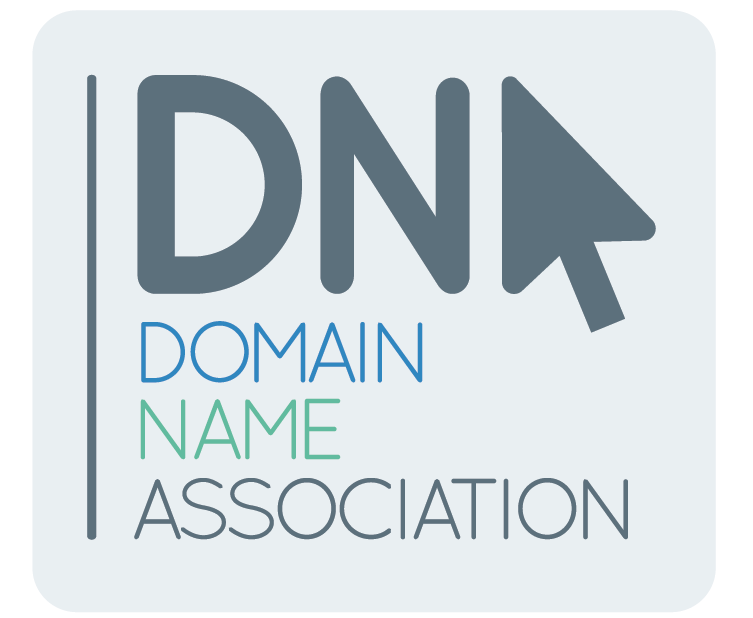 A study for the Domain Name Association claims there is a benefit from an SEO perspective by having a relevant keyword in a relevant domain name extension, that is the top level domain part of the domain name.
A study for the Domain Name Association claims there is a benefit from an SEO perspective by having a relevant keyword in a relevant domain name extension, that is the top level domain part of the domain name.
The Hidden Advantages of a Relevant Domain Name study completed in early 2017 claims that having a domain name extension may be another marketing strategy to consider in competitive markets to further optimise search engine results. The data clearly shows that domain name extensions can do well in SEO rankings if they include keywords within them.
The research purportedly, to a limited extent at least, contradicts Google’s claim that ‘all domain extensions stand on equal ground when it comes to SEO performance.’
According to the research for the DNA, their research gave examples such as seo.agency which ranks in the top 3 pages for over 30 different business-to-business-qualified keywords and thefun.singles that ranks in the top 3 pages for over 300 different singles and dating keywords.
The DNA claims their research shows the domains perform well as .com and other legacy gTLDs “have to work harder to rank on the first page of Google results” whereas non-legacy gTLDs require a lower Domain Authority to rank for the same keywords. The study claims it’s possible to reduce SEO costs significantly with the right domain names in the right new gTLDs.
However there are some reservations with the study. It looked at a limited number of domain names within new gTLDs and would never pass a peer review. It’s likely the new gTLD domain names selected were not random. So treat the results with caution. Nevertheless it does give food for thought.
“In the ever-shifting landscape of organic search results across industries, this study provides proof that keyword-rich domains with relevant extensions have the opportunity to take prized real estate on the top of the search page, both in the paid and organic search engine results, as evident by the report’s SEO case studies,” revealed Chris Boggs, founder of Web Traffic Advisors. “Marketers should consider semantically relevant and meaningful domain name extensions as a viable part of a user-focused digital marketing strategy going forward.”
“When it comes to organic search, relevant domain name extensions offer potential advantages from helping a site to rank well for specific keywords to reducing the need for paid search to do all the heavy lifting,” continued Boggs. “Generally, all domain extensions stand on equal ground when it comes to SEO performance, which aligns with Google’s statements over the years. We found no evidence that using a particular domain name extension directly harms organic search performance as a whole.”
For more information on and to download the study, check out:
thedna.org/resources/seostudy/
This latest Domain News has been posted from here: Source Link

